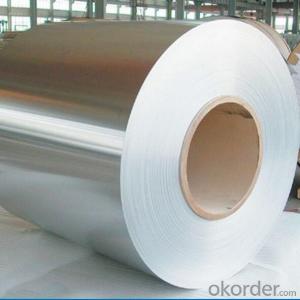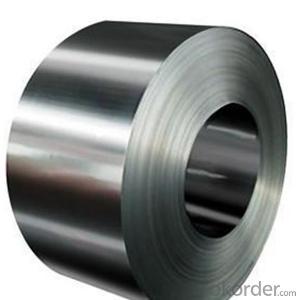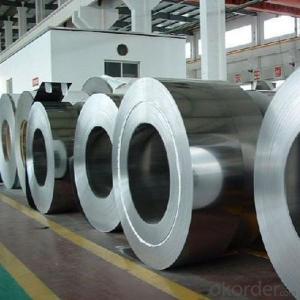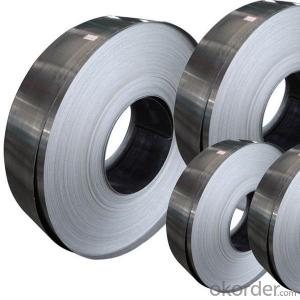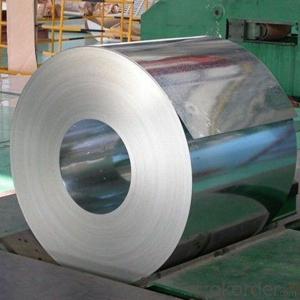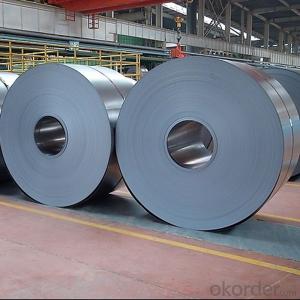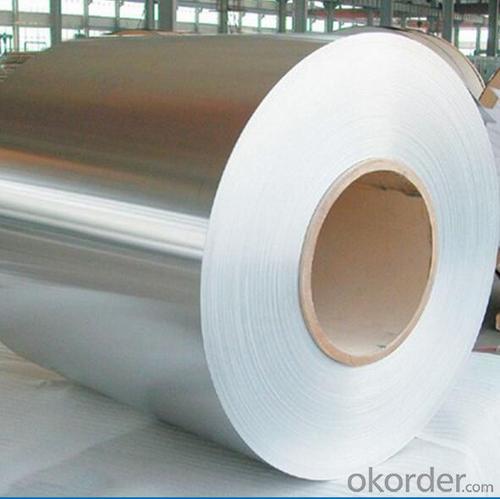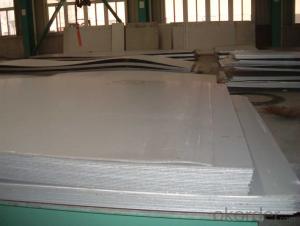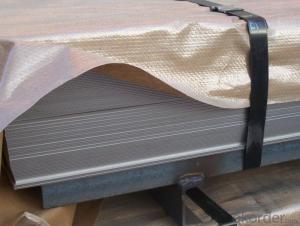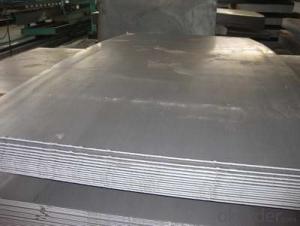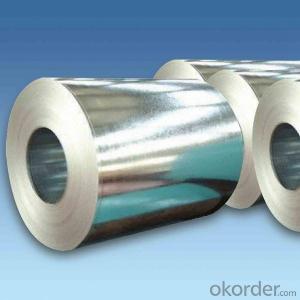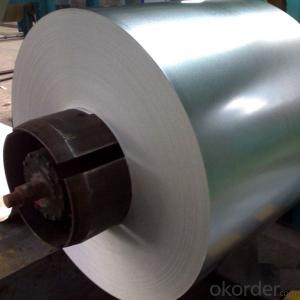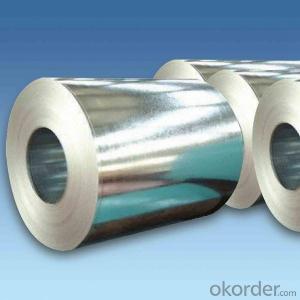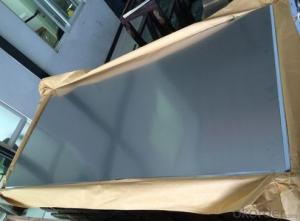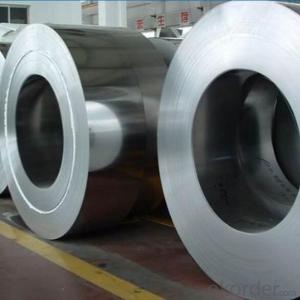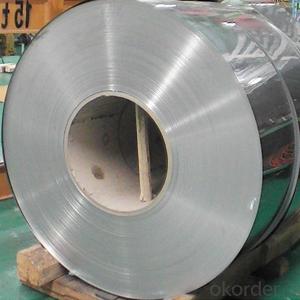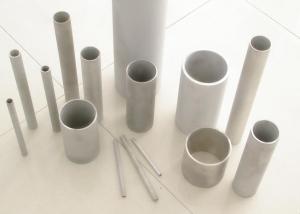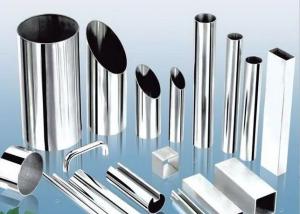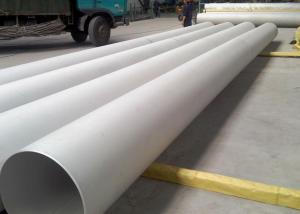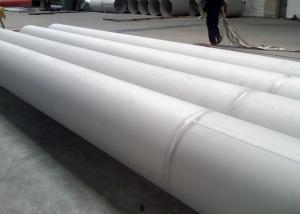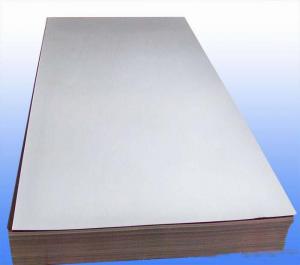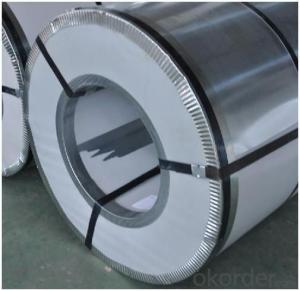Stainless Steel Plates Stainless Steel Strips Grade 304 NO.1 Finish from China
- Loading Port:
- Tianjin
- Payment Terms:
- TT or LC
- Min Order Qty:
- 20 m.t.
- Supply Capability:
- 20000 m.t./month
OKorder Service Pledge
OKorder Financial Service
You Might Also Like
Specification
Stainless Steel Sheets,Stainless Steel Plates,Stainless Steel Strips,Stainless Steel Grade 304 NO.1 Finish from China
Product | stainless steel coils/plates/sheets | ||
Size | Coils | Cold Rolled: | Thickness0.3-8mm,Width:280-2100mm |
Hot Rolled : | Thickness3-14mm,Width:650-2100mm | ||
Plates | Thickness2-80mm,Width:1500-3000mm | ||
Coil Weight | About 20 Tons | ||
Grade | 201,202,304/304L/304H,316/316L/316H,321/H,310S,409/L,430 etc. | ||
Technique | Hot Rolled/Cold Rolled | ||
Finish | 2B, BA, 2D, No1, No2, No4,NO.8,SB etc | ||
Edge | Mill Edge / Slitting Edge | ||
Package | In bundles, or as customer's requirement | ||
Detail picture of Products:
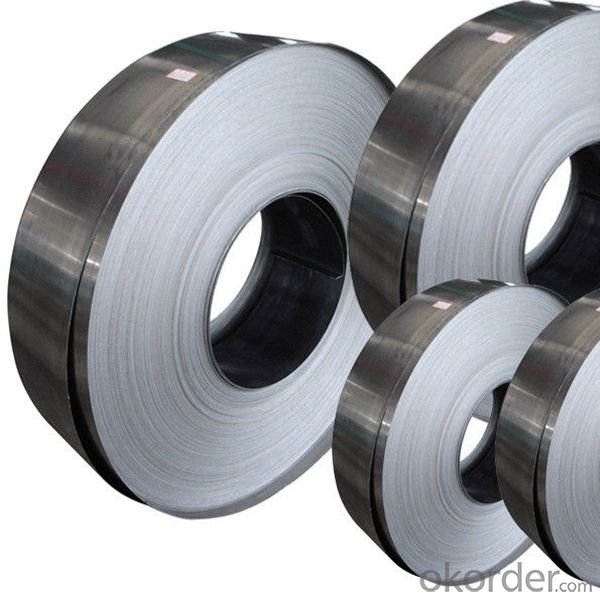
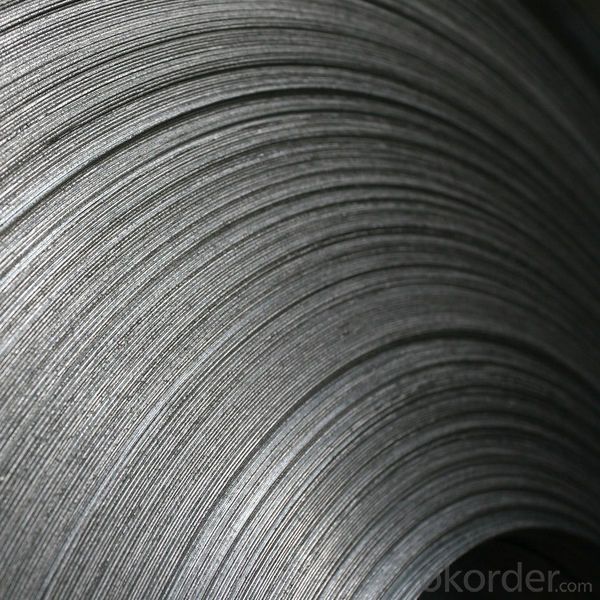
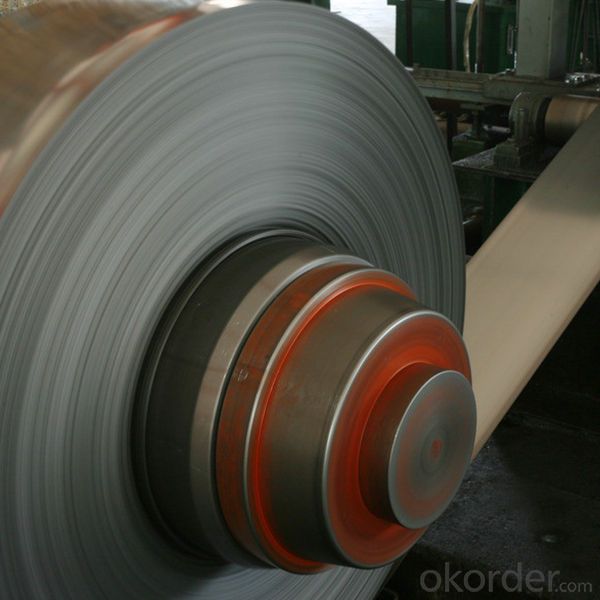
Application
Boiler heat exchanger, machinery and petroleum, chemical industries, hardware fields, Food industry, construction material, kitchen utensils, building construction, medical equipment, chemical tank, pipe etc

Packaging & Delivery
Packaging Detail Standard export packing or following customer's demand
Delivery Time: Within 15-20 days after deposit or according to the order quantity
- Q: Can stainless steel sheets be used for decorative elevator doors or panels?
- Yes, stainless steel sheets can be used for decorative elevator doors or panels. Stainless steel is a versatile material that offers a polished and modern appearance, making it a popular choice for decorative applications. It is known for its durability, resistance to corrosion, and easy maintenance, making it suitable for high-traffic areas like elevator doors and panels. Additionally, stainless steel sheets can be customized with various finishes, patterns, and textures, allowing for endless design possibilities. Whether it's a sleek and minimalist look or a more intricate and decorative design, stainless steel sheets can enhance the aesthetics of elevator doors and panels while providing long-lasting functionality.
- Q: Are stainless steel sheets good for cryogenic storage?
- Stainless steel sheets are widely utilized in cryogenic storage owing to their exceptional characteristics. Renowned for its remarkable strength, durability, and corrosion resistance, stainless steel proves to be ideal for extreme temperature settings such as cryogenic storage. Furthermore, stainless steel retains its mechanical properties even under extremely low temperatures, guaranteeing the safety and integrity of stored materials. Moreover, stainless steel sheets exhibit favorable thermal conductivity, enabling efficient heat transfer throughout cryogenic processes. As a result, stainless steel sheets emerge as a dependable option for cryogenic storage purposes.
- Q: How do you straighten bent stainless steel sheets?
- Depending on the severity of the bend, there are several methods available for straightening bent stainless steel sheets. 1. For slight bends, a rubber mallet or hammer can be used to gently tap the bent area back into place. Gradually apply even pressure, starting from the center of the bend and moving towards the edges. It is important to avoid striking the stainless steel too forcefully, as this could cause further damage. 2. In cases of more severe bends, heat can be used to soften the stainless steel, making it easier to straighten. Begin by heating the bent area using a blow torch or heat gun. Once the stainless steel reaches a red-hot temperature, carefully use pliers or a vice grip to straighten the sheet. It is important to note that this method is most suitable for thicker stainless steel sheets, as thinner ones may warp or lose their shape when exposed to excessive heat. 3. For larger or heavy-duty sheets that cannot be easily straightened by hand, mechanical straightening is recommended. This involves using specialized tools like a hydraulic press or metal brake to apply controlled pressure and straighten the bent stainless steel sheet. It is crucial to carefully follow the manufacturer's instructions when using these tools to prevent accidents. Always wear appropriate safety gear, such as gloves and eye protection, when working with stainless steel sheets. If you are unsure or uncomfortable with straightening the sheets yourself, it is advisable to seek assistance from a professional metalworker or fabrication shop.
- Q: Seeking stainless steel plate 304 material and 304j material what is the difference?
- 304 material and 304J1 contain nickel different, 304J1 contain 6 nickel, 304 contain 8 nickel
- Q: How do you remove water stains from stainless steel sheets?
- To remove water stains from stainless steel sheets, you can follow these steps: 1. Start by wiping the surface of the stainless steel sheet with a soft, damp cloth to remove any loose dirt or debris. 2. Mix a solution of warm water and mild dish soap in a bucket or bowl. Dip a clean cloth into the soapy water and wring out any excess liquid. 3. Gently rub the cloth over the water stains on the stainless steel sheet. Make sure to go along the grain of the stainless steel to prevent any further damage or scratching. 4. For tougher water stains, you can use a non-abrasive cleaner specifically designed for stainless steel. Apply a small amount of the cleaner to a clean cloth and gently rub it onto the stained areas. 5. Rinse the stainless steel sheet with clean water to remove any soap residue. Use a separate clean cloth or sponge to wipe away any excess water. 6. To prevent future water stains, you can apply a stainless steel cleaner or polish to the surface. Follow the instructions on the product label for the best results. Remember to always test any cleaning solution or product on a small, inconspicuous area of the stainless steel sheet before applying it to the entire surface. This will ensure that the cleaner or polish does not cause any damage or discoloration.
- Q: How do you prevent pitting or crevice corrosion on stainless steel sheets?
- To prevent pitting or crevice corrosion on stainless steel sheets, certain measures can be taken. First, ensuring proper cleaning and maintenance is crucial. Regularly cleaning the stainless steel sheets with mild detergent and water, followed by thorough rinsing and drying, helps remove any contaminants that can lead to corrosion. Additionally, avoiding exposure to corrosive substances like chloride-based cleaners or harsh chemicals is important. Applying a protective coating or passivating the stainless steel surface can also provide an extra barrier against corrosion. Passivation involves treating the stainless steel with a mild oxidizing agent to promote the formation of a passive oxide layer, which enhances the metal's resistance to corrosion. Proper design and installation practices are equally vital. Avoiding the use of dissimilar metals in contact with stainless steel sheets and ensuring proper sealing and gasketing in joints or crevices can prevent crevice corrosion. Adequate ventilation and avoiding stagnant conditions can also help minimize corrosion risks. Regular inspection and maintenance are necessary to identify and address any signs of corrosion promptly. This includes checking for signs of pitting or crevices, addressing any damage or scratches, and promptly repairing or replacing any corroded areas.
- Q: Can stainless steel sheets be used for oil and gas pipelines?
- Yes, stainless steel sheets can be used for oil and gas pipelines. Stainless steel is highly resistant to corrosion and can withstand extreme temperatures and pressures, making it a suitable material choice for these applications. Its durability and longevity make it an ideal option for oil and gas pipelines, ensuring a reliable and efficient transportation system.
- Q: Can stainless steel sheets be used for food storage containers?
- Yes, stainless steel sheets can be used for food storage containers. Stainless steel is a popular choice for food storage containers due to its durability, non-reactive nature, and resistance to corrosion. It does not impart any taste or odor to the stored food, making it safe for long-term storage. Stainless steel is also easy to clean and maintain, making it a hygienic option for food storage. Additionally, stainless steel containers are often preferred for their eco-friendly properties, as they are reusable and can help reduce the use of single-use plastic containers. Overall, stainless steel sheets are a suitable and reliable choice for food storage containers.
- Q: How can stainless steel sheets be cleaned and maintained?
- Stainless steel sheets are highly durable and resistant to corrosion, making them a popular choice for various applications. To maintain the appearance and functionality of stainless steel sheets, regular cleaning and proper maintenance are essential. Here are some steps to clean and maintain stainless steel sheets: 1. Start by removing any loose dirt or debris from the surface using a soft cloth or a brush. This step helps prevent scratching during the cleaning process. 2. Prepare a cleaning solution by mixing warm water with a mild detergent or dish soap. Avoid using abrasive cleaners or products containing chlorine, bleach, or ammonia, as they can damage the stainless steel surface. 3. Dip a soft cloth or sponge in the cleaning solution and gently scrub the stainless steel sheet in the direction of the grain. Avoid using excessive pressure to prevent scratching. 4. Rinse the sheet thoroughly with clean water to remove any residue from the cleaning solution. Ensure all soap or detergent is completely washed away. 5. Dry the stainless steel sheet using a soft, lint-free cloth. It is important to dry it thoroughly to prevent water spots or streaks from forming. 6. For stubborn stains or fingerprints, use a stainless steel cleaner or specialized stainless steel wipes. Follow the manufacturer's instructions on the product for best results. These cleaners can help restore the shine and remove any tough stains or marks. 7. To prevent scratches, avoid using abrasive materials such as steel wool or rough brushes when cleaning stainless steel sheets. Instead, use soft cloths or non-abrasive sponges. 8. Regularly inspect the stainless steel sheets for any signs of corrosion or damage. If any rust spots or pitting are noticed, use a stainless steel cleaner or passivation solution to restore the surface. Consult with a professional if the damage is extensive. 9. To maintain the appearance of the stainless steel sheet, it is recommended to wipe the surface regularly with a soft cloth or microfiber towel to remove dust, fingerprints, or other marks. By following these cleaning and maintenance steps, stainless steel sheets can retain their original shine, resist corrosion, and remain in excellent condition for an extended period.
- Q: Can stainless steel sheets be used for elevator cabins?
- Yes, stainless steel sheets can be used for elevator cabins. Stainless steel is a durable and corrosion-resistant material, making it suitable for high-traffic areas like elevator cabins. Additionally, stainless steel has a sleek and modern appearance, making it a popular choice for elevator interiors.
Send your message to us
Stainless Steel Plates Stainless Steel Strips Grade 304 NO.1 Finish from China
- Loading Port:
- Tianjin
- Payment Terms:
- TT or LC
- Min Order Qty:
- 20 m.t.
- Supply Capability:
- 20000 m.t./month
OKorder Service Pledge
OKorder Financial Service
Similar products
Hot products
Hot Searches
Related keywords
